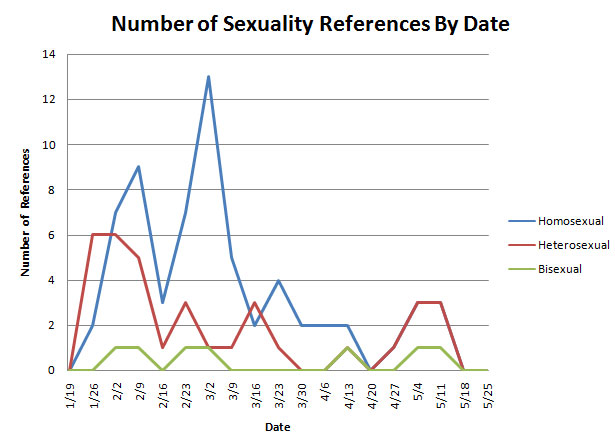Gender and Class in Jobs
I’m interested in the class differences in jobs between the genders. Most jobs have a certain class suggestion that goes along with them, for example, engineering is generally considered to be a higher class job than say telephone operator or factory worker. But I think for some jobs there are different class implications that go along with being either male or female in that job.
One job where this difference seems apparent to me is truck drivers. I was interested in looking at women in truck driving because my mom’s boyfriend is a truck driver, and has been trying to convince me to try it out for years.
What I found was that there was a class implication specific to being a female truck driver, as opposed to just a truck driver in general. There was an assumption that you only wanted to be a truck driver if you were a woman because your husband was a truck driver, or because you were a single mother desperate to provide for her family. Unlike male truck drivers, there seemed to be a certain desperation that is implied with being a female truck driver. For men, truck driving could be explained as a love of the open road, or interest in driving/technology, or as a good way to make a living without much in the way of formal education.
I also think part of the class implication with being a female truck driver has to do with the technology of cars/trucks. Being interested in automobiles, and engines, and being self-sufficient in terms of fixing car problems doesn’t have class implications for men, although the kind of car involved certainly brings class into it. But for women, it is”lower class” to have these skills, because a women who can’t get a man to do these things for her, and can’t pay to have it done, has to work with the masculine technology of the car herself.
I wonder if there are other fields where the opposite of this situation is the case, where only “desperate” men work in a field of feminine technology? I’m not really sure what a field of feminine technology would be … Maybe the garment industry could be an example of this?
Comments are closed.

I think the opposite thing occurs with the administrative assistants and maybe the nurses who looked down on the men who chose that career. Maybe they were thinking that the men weren’t “manly” enough because they had chosen (been forced into?) a career that was obviously beneath them, so they were both less masculine and perhaps seen as desperate and therefore lower class.